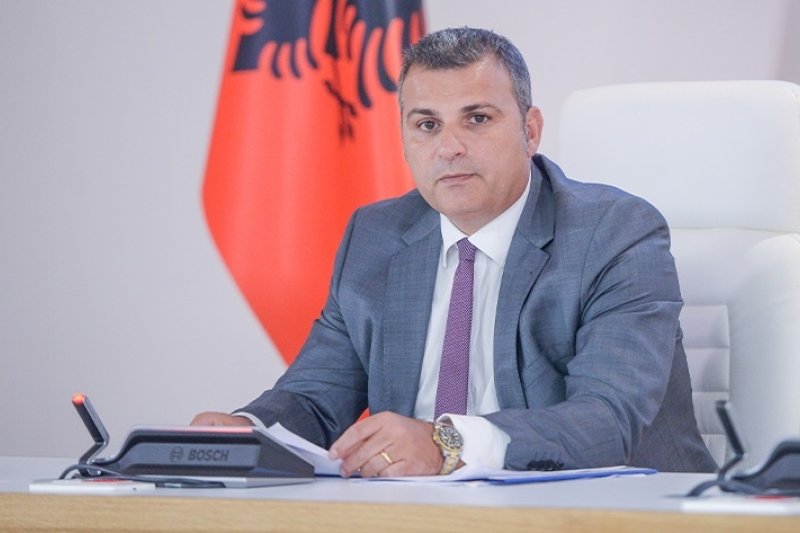C-Bank Keeps Key Rate Unchanged at 3%
The Supervisory Council of the Bank of Albania decided on Wednesday to keep the basic interest rate unchanged at 3%.
The governor, Gent Sejko, said that BoA's forecast suggests that the Albanian economy will continue to grow over the medium-term horizon, while inflation will return to the 3% target next year.
According to him, the fall in inflation during 2024 has reflected, to the greatest extent, the rapid reduction of imported inflation. This performance has been influenced both by the fall in inflation in our trading partners and by the strong exchange rate.
“The volume of economic activity, employment, and wages have picked up, inflation remains at low levels and under control, balance sheets of private sector and banking sector are sound, financial markets are overall calm, while financing conditions remain accommodative,” said Sejko, adding that these developments are in line with the bank’s expectations.
“Our updated projections suggest that the Albanian economy will continue to grow over the medium-term horizon, while inflation will return to our target in the next year,” said Sejko.
“Against this backdrop, the Supervisory Council assessed that the current monetary policy stance remains adequate,” noted the governor, adding that inflation of consumer prices has been relatively stable in July and August, standing close to an average level of 2%. “The decline in inflation, over the first three quarters of the year, has been dictated - at the largest extent - by the falling contribution of inflation in food items, and ultimately, in energy prices. On the other hand, inflation in other basket items, though at a slightly declining trend, appears more stable.”
Sejko also noted that from the macroeconomic perspective, the fall in inflation over 2024 has reflected - to the largest extent - the fast reduction of imported inflation.
“According to INSTAT data, the volume of economic activity grew by 4.1% over the second quarter of 2024, standing on the upside of our expectations. Our analyses suggest the Albanian economy continues to stand in a positive phase of the business cycle. This performance is reflected in the high capacity utilization rates of businesses as well as in the shortages noted in the labor market,” Sejko noted.
The governor also said that the increase in the demand for goods and services has driven the fast and stable growth in employment and wages in the Albanian economy.
“From the macroeconomic perspective, the sound balance sheets of the private sector, business, and consumer confidence for the future, the simulating financial environment as well as the continuous increasing trend of tourism income have underpinned the expansion of the activity,” Sejko said, adding that in this context, the implemented prudential monetary policy in the past two years, has resulted successful.
Furthermore, the governor said that financial markets continue to appear relatively calm. He also noted that credit to the private sector accelerated further in July and August.
“Our forecasts for the outlook remain positive. Economic activity in Albania is expected to continue growing over the medium-term horizon, bolstered by the further expansion in both domestic demand and foreign demand,” Sejko said.
“Taking into account these circumstances, the Supervisory Council decided to: Keep the policy rate unchanged, at 3.0%; Keep the interest rate on overnight deposit unchanged, at 2.0%; Keep the interest rate on overnight lending facility unchanged, at 4.0%,” the governor said, adding that the Supervisory Council judges that the current monetary policy stance is adequate for meeting our price stability objective in the future.
“The Supervisory Council notes that the overall balance of medium-term pressures is gradually converging to our inflation target. In this context, the next monetary policy decisions will continue to depend on new information, particularly on the analyses and assessments of the performance of the domestic inflationary pressures. These decisions will always be congruent with our price stability objective, consistent with the fiscal policy stance and the performance of the exchange rate,” Sejko concluded.













